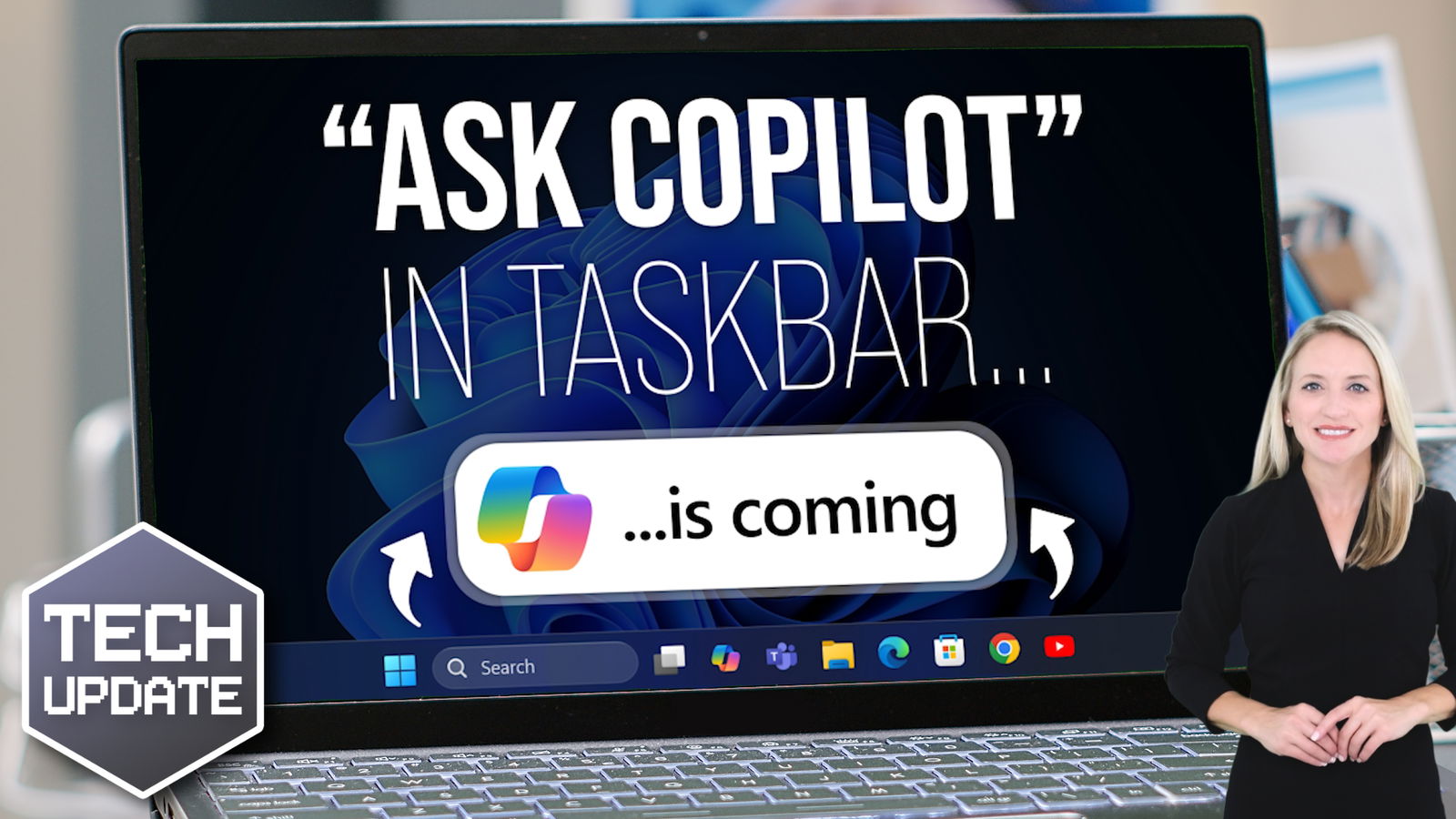An increasing number of companies are changing to cloud storage. This service is a safe and practical option compared to using hard drives.
Most likely, you are currently using a cloud storage server for individual files and folders (for instance, Dropbox and Google Drive).
Nevertheless, these storage systems appeal to the public. More storage space is required if you’re running a blog site or website. Use of services such as these are anticipated to surpass the use of “SaaS”, or Software as a Service.
From increased versatility to higher security, there are more reasons to experience cloud storage. Compared to conventional back-up techniques, cloud platforms are more secure and include a lower expense.
How Does a Cloud Storage Server Work?
The majority of people are using cloud storage without even understanding how it works. Cloud storage permits users to save information on remote servers that can be accessed online. For example, every time you publish an image on Dropbox, it is saved in “The Cloud.”
With cloud storage, there is no need to worry about server crashes or downtime. You do not even need to purchase a storage system or keep the server yourself.
Compared to a physically devoted server, cloud servers keep your files in a virtual environment. Cloud storage is like a big information center that you can access all day and night.
These services provide information mobility, numerous back-up choices, and defense from possible damages. Physical servers, on the other hand, can crash during a storm.
So, are you ready to give it a shot? Here are 5 reasons to consider the use of a cloud storage server to back up your site:
- Flexibility
When starting a blog, you do not know how much traffic you may get. You might get massive traffic within weeks! A shared server may not have the ability to manage changing bandwidth needs.
On the other hand, Cloud storage offers you the versatility required to grow your online company. Because you can access your information from anywhere, there are no restrictions.
- Simplicity
Using Cloud storage needs no technical knowledge or programming abilities. All you are required to do is to browse the web and gain access to your files through a Web-based user interface.
As long as you can link to the web, you will have access to your information. It’s that easy!
- Functionality
With cloud storage, you can send out a link to your virtual group rather than emailing files. It is not essential to identify or conserve details. This storage allows workers to work from another location and share data with ease. Your personnel is no longer restricted by location.
If you’re working with a virtual assistant, you can provide them access to the cloud. In this manner, they can access information and upgrade your blog site without emailing again and again.
- Saves Expenses
When using shared hosting, you will have to pay additional money as your site grows. You will also be charged to carry out regular -back-ups of your site, and to keep the servers running (if you have a medium to large company).
Changing to the cloud may lower your expenditures by 37 percent over a three-year duration. For a low month-to-month cost, the provider will save, preserve, and -back-up your files.
- Enhanced Security
With this service, your files will be saved on protected, encrypted servers. You’ll no longer have to worry about theft, fire, or other unfavorable accidents.
Let’s say that you save posts and images in a folder on your laptop computer, and someone damages or steals your gadget; you will lose all of your data.
Cloud storage lessens the danger of information loss. You’ll have access to your files no matter what occurs to your laptop computer or PC.
Is Cloud Storage a Necessity?
You may be questioning whether you genuinely need cloud computing. Maybe you have a blog site or a small website.
In this case, you’re most likely keeping your files on the PC or external storage equipment. Numerous blog writers are conserving their most current posts on a USB stick so they can modify and publish them later. However, it’s easy to lose your USB stick or damage the drive.
You run the risk of losing your work if this takes place. Think of how long it took you to compose those posts!
Cloud storage systems aren’t susceptible to the same sorts of damage as physical servers. Your work will be quickly available and safe. Thinking about these things, it makes good sense to change to a cloud storage server. Your only task is to pick a trusted service provider.
What storage services have you attempted up until now? Share your experience! Email us! In addition, Visit our website, www.nolimitsmedia.com browse and take advantage our hosting services that come with weekly back-up plans and more!


